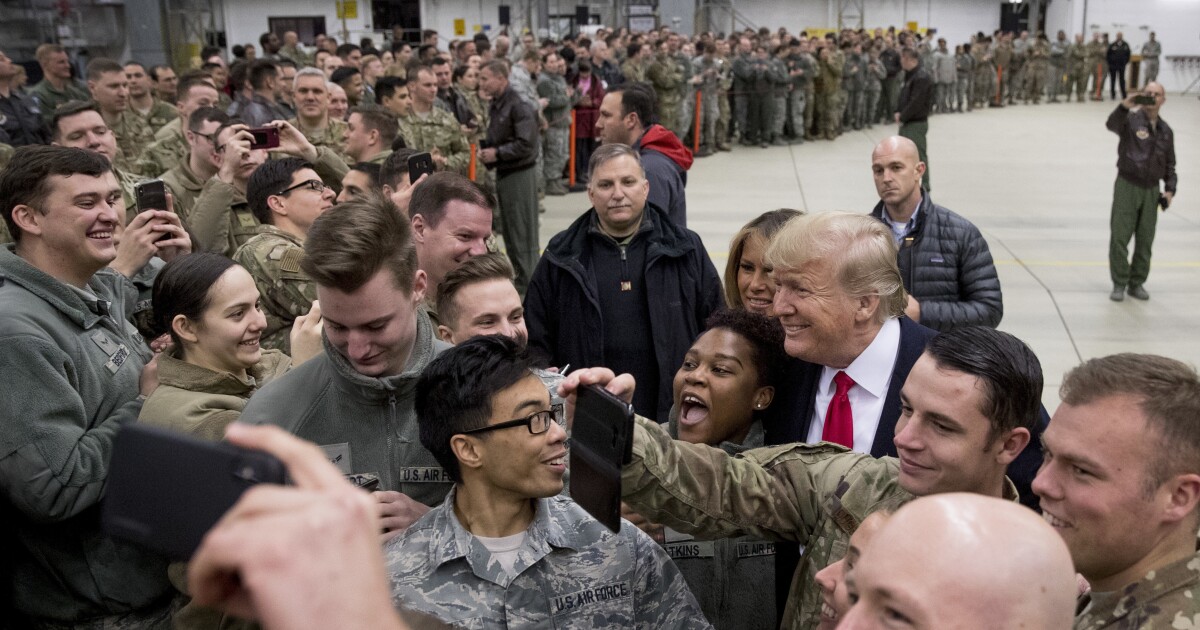

The Senate added a provision to this year’s National Defense Authorization Act to prevent future presidents from withdrawing from NATO without congressional approval.
Sens. Marco Rubio (R-FL) and Tim Kaine (D-VA) put the provision into the $886 billion NDAA passed by the House on Thursday. The move is seen as being focused on Trump, who was critical of NATO throughout his first term and is rumored to be considering withdrawing from the alliance in a possible second term.
BIDEN ADMINISTRATION ANNOUNCES MEDICATIONS FOR MEDICARE REBATE PROGRAM
The measure says that no president can terminate, suspend, denounce, or withdraw from the alliance without the approval of two-thirds of the Senate or an act of Congress. They must also notify Congress 180 days in advance, among other criteria.
Trump consistently critiqued NATO during his time in office, arguing that the United States was pulling too much of its weight and that its European allies weren’t paying their fair share.
“Why the f*** are we in NATO?” Trump allegedly asked then-chief of staff John Kelly in 2017, adding, “What the f***?”
The war in Ukraine hasn’t sapped his dislike for the alliance, which he said takes advantage of the United States.
The North Atlantic Treaty Organization was founded in 1949 as part of the U.S.’s containment policy, which sought to shore up capitalist states to fight the spread of communism. Reflecting its name, it consisted entirely of European and North American states. The Soviet Union quickly responded by creating its own alliance known as the Warsaw Pact, containing members of Eastern Europe.
CLICK HERE FOR MORE FROM THE WASHINGTON EXAMINER
With the fall of the Warsaw Pact and the Soviet Union in 1991, many began to question the continued existence of the alliance, with its primary purpose having been fulfilled. Instead of disbanding, the alliance expanded eastward, coming to border Russia directly in the Baltics. Its controversial interventions in the former Yugoslavia and Libya further brought its purpose into question. Defenders argue that the alliance is essential to supporting democracies worldwide and combating Russian aggression.
Its eastward expansion was met with hostility from Russia, which increasingly came to view it as an explicitly anti-Russian alliance. The prospect of Ukraine joining NATO was likely one of the casus belli for Russian President Vladimir Putin‘s invasion of Ukraine in February 2022, and NATO’s response is seen by many as having renewed the vigor of the alliance.






